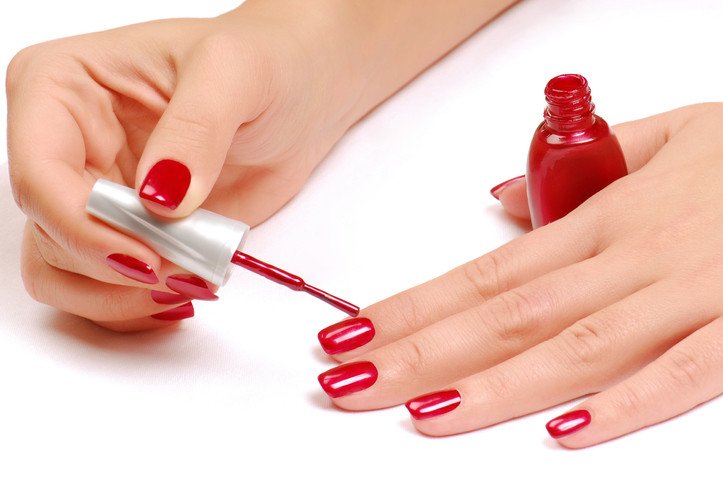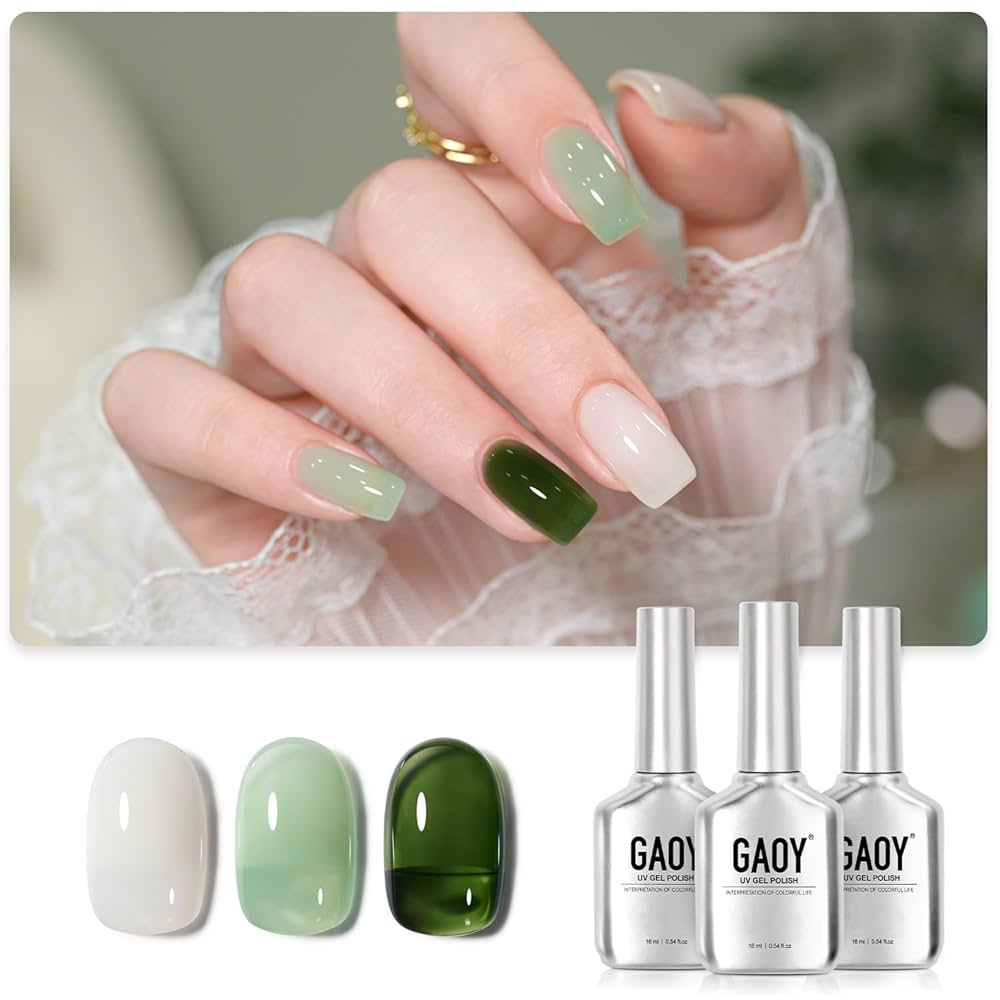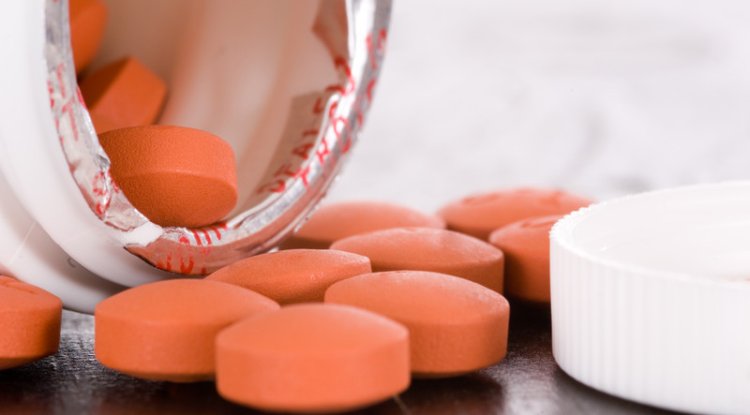What You Should Know About Nail Polish and Nail Health
Nail polish has advanced significantly. There have never been more options for the ideal manicure, from the glossy gels and long-lasting dip powders at the salon to the quick-dry bottles in pharmacies. However, new options also raise more concerns, particularly with the safety and health of nails.

One of the most often questions dermatologists get is, "Is nail polish unhealthy for my nails?" In a nutshell, it depends on the kind of polish you use, how frequently you apply it, and how you maintain your nails in between applications.
Let us examine the benefits and drawbacks of the most common nail polish varieties, including gel, dip powder, conventional, and "non-toxic."
1.Conventional nail polish
This is your go-to polish: apply it, let it air dry, and then use acetone to remove it. This also includes hybrid polishes, which are modified to last a bit longer.
Pros:
Unlike other techniques, it is simple to remove.
If used sparingly, there is little long-term nail damage.
approved by a dermatologist (with intervals between manis)
Cons:
Darker hues may cause short-term nail discoloration.
Using acetone removers frequently might cause cuticles and nails to become dry.
Derm Tip: Use oil or cream to moisturize cuticles and always give your nails "breathers" free of polish. And if you’re seeing your dermatologist, remove polish ahead of time so they can check your nails properly.
2. “Non-Toxic” or “5-Free” Nail Polish
“Non-toxic” in beauty can be a slippery phrase. It typically means "5-free" in the context of nail polish, meaning it contains no formaldehyde, toluene, dibutyl phthalate (DBP), formaldehyde resin, or camphor. Some companies advertise 7-free or 10-free formulations, going even farther.
Pros:
Reduced use of substances associated with adverse responses
For delicate skin, it is often safer.
Cons:
There is little empirical evidence that avoiding these compounds has a major negative influence on general health.
Brands can differ in terms of effectiveness and wear time.
Derm Tip: "Non-toxic" polish may be worth a try if you have sensitive skin or a history of contact dermatitis. However, keep in mind that "natural" does not always equate to "better."
3. Polish with gel

Gel polish is cured under a UV (or occasionally LED) lamp and is adored for its glassy sheen and chip-free wear. The polish is nearly immediately hardened by this curing process.
Pros:
Prolonged (two weeks or longer)
because of the drying process, smudge-proof
Cons:
UV rays can cause skin aging and raise the risk of cancer.
Removal is difficult: scraping combined with soaking in acetone damages the nail plate.
Dryness and brittleness may result from prolonged use.
Derm Tip: Gel manicures are best reserved for special events.
Never peel gel polish off it can strip away layers of your nail.
4. Dip in powder Polish dip manicures entail brushing or dipping nails into powdered colored acrylic and sealing them with an activator and bonding glue.
Pros:
No UV lamp is necessary.
enduring and robust
Cons:
Risks to hygiene if salons reuse Jars of powder for the community
Removal is severe; vigorous acetone soaking or electric filing are frequently used.
can harm cuticles and nail plates.
Derm Tip: Use fresh or separate powder containers for every customer if you decide to attempt a dip. If not, the danger of infection is not worth it.
The Bottom Line: Prioritize Nail Health
Healthy nails should always come first, even though a well-groomed manicure might make you feel put together. For frequent wearers, traditional polish is still the safest option, especially when paired with appropriate nail care and hydration. Although they can be entertaining, gel and dip polishes are best used sparingly. Although it is still unclear if "non-toxic" products are actually safer, they can be a decent substitute if they give you piece of mind.
What's Your Reaction?




















